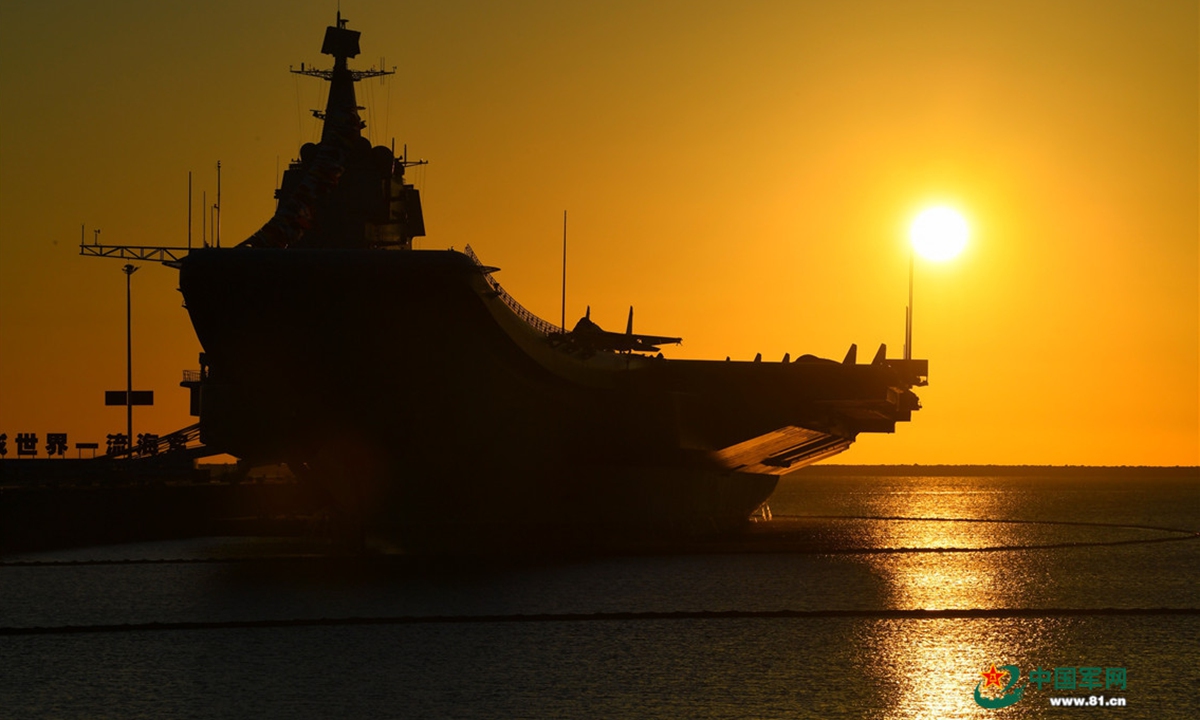In an interview, the chip maker’s chairman, Mark Liu, explained why TSMC’s top tech would stay in Taiwan, despite growing threats from China and worries from the United States.
TSMC, which is manufacturing the world’s most advanced microchips, conducts business on the island of Taiwan, dead center in one of the most geopolitically volatile places on the planet. That makes people in Washington very nervous. TSMC dominates the semiconductor industry; it’s a company that the United States can’t do without, 80 miles off the coast of China. The U.S. government has appropriated tens of billions of dollars to strengthen America’s own semiconductor sector and help fund TSMC’s nascent operations in the U.S., far from China, which has never renounced the use of force to absorb Taiwan.
But TSMC has invested billions of its own over nearly four decades growing deep roots in Taiwan. There, it employs a small army of engineers, R&D scientists, technicians and production workers in the exquisitely complex task of producing chips. It would be exceedingly difficult to replicate what TSMC has built in Taiwan, said Mark Liu, chairman of TSMC. Developing and producing the company’s most cutting-edge chips at a rapid pace requires a huge effort, he said, as many as 3,000 research scientists for one generation of the technology.
“We cannot put it anyplace else,” he said.
TSMC has embarked on a global expansion, with two factories under construction in the United States and one in Japan, as well as a possible facility in Germany. It’s part of the company’s strategy to address the calls by U.S. officials to reduce America’s reliance on chips made in Taiwan. That makes the 68-year-old Mr. Liu, who holds a doctoral degree in electronic engineering and computer science, as much a diplomat as a scientist and an executive. He joined TSMC 30 years ago after stints at Intel and Bell Labs, rose through the ranks and today runs the $500 billion company with its CEO and vice chairman, C.C. Wei.
In late June, when he spoke to The New York Times at TSMC’s offices in the northern Taiwan city of Hsinchu, he had just returned from a trip to the United States, which he said he visits roughly every three months.
“We have a pretty good relationship across Congress, the Commerce Department, the White House. I think they know us,” he said.
“China will not invade Taiwan because of semiconductors. China will not NOT invade Taiwan because of semiconductors,” he said. “It is really up to the U.S. and China: How do they maintain the status quo, which both sides want?”
And doubts loom over whether American companies will be willing to pay the likely premium required for chips made in Arizona, where TSMC’s construction costs alone could be at least four times higher than they are in Taiwan. Mr. Liu said he had told the U.S. government that it needed to offer American companies incentives, beyond the $52 billion in subsidies in the CHIPS Act, to buy American-made chips.
“Otherwise, it will be limited,” he said. “It will come to limits pretty quickly. So that is on the table. But I don’t think we have a solution yet.”

Why TSMC Will Keep Its Roots in Taiwan, Even as It Goes Global
In an interview, the chip maker’s chairman, Mark Liu, explained why TSMC’s top tech would stay in Taiwan, despite growing threats from China and worries from the United States.

